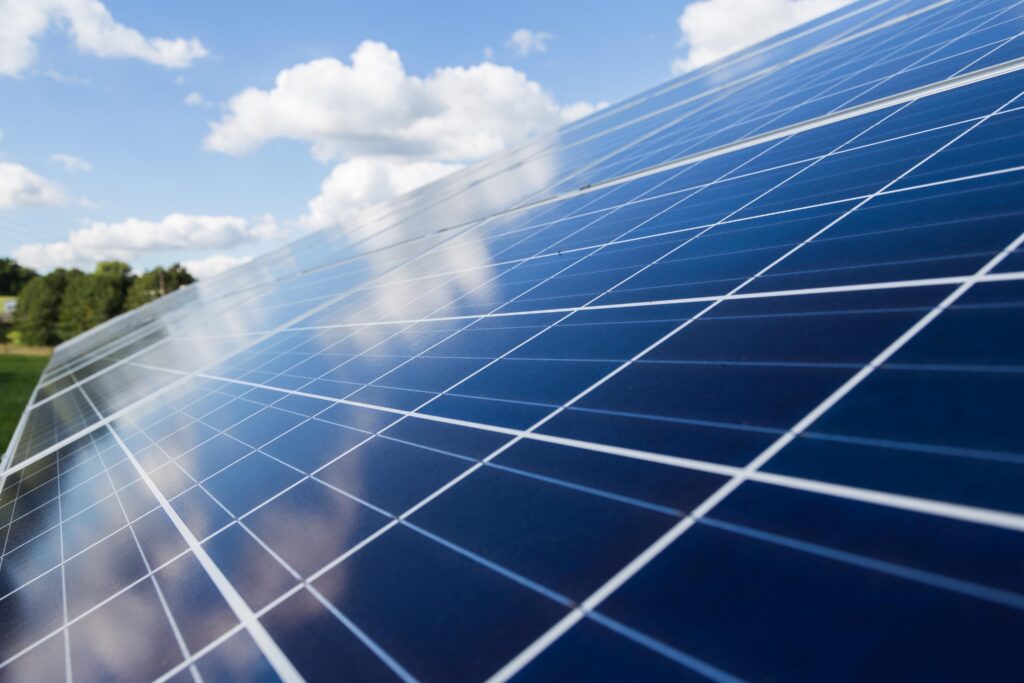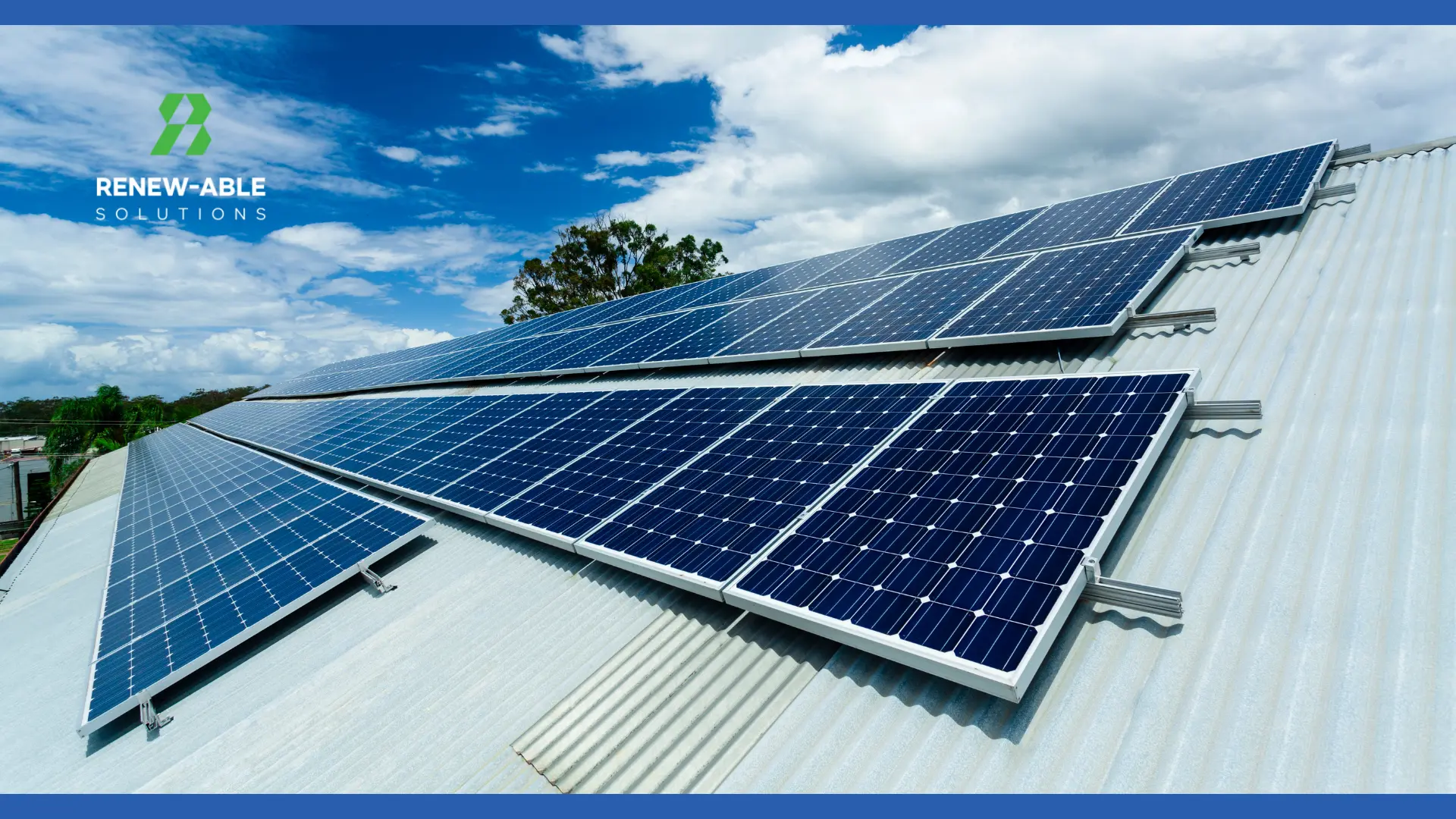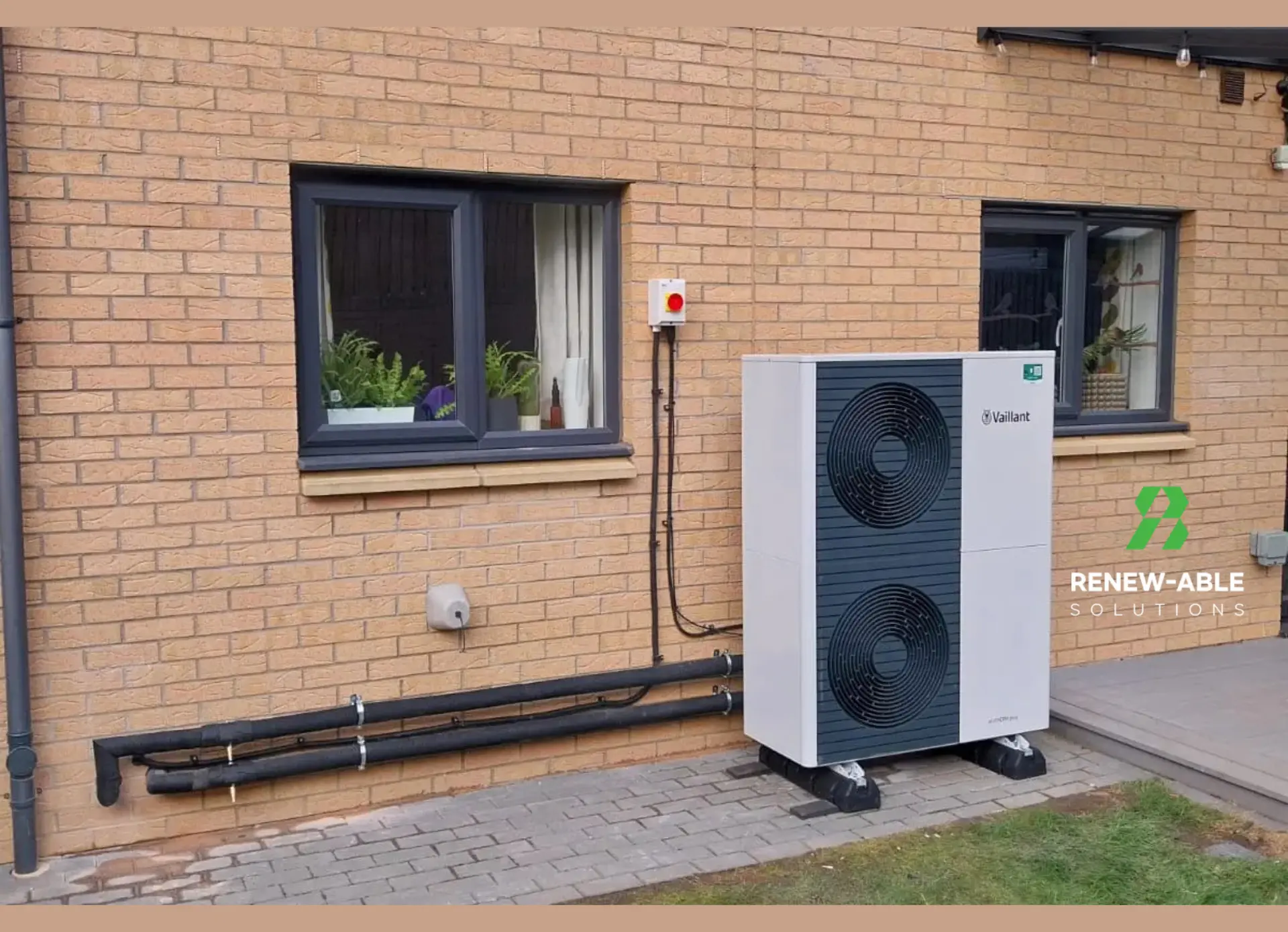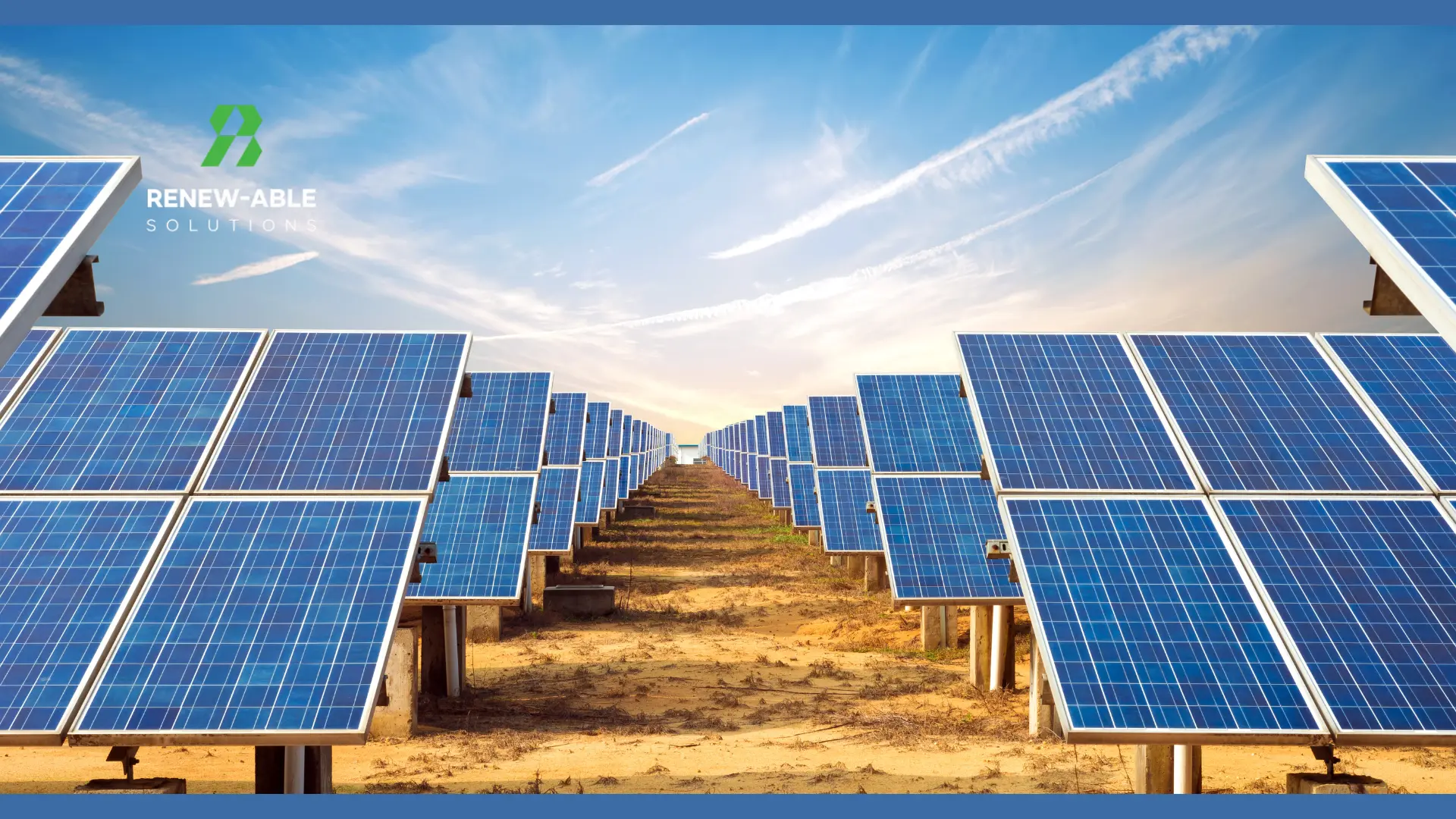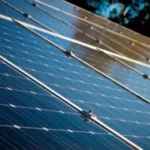THE EFFECTS OF SHADING ON SOLAR PANELS

Solar Panels and Shading – Does it matter? Shading, if not considered, can be a solar panel system’s worse nightmare. According to some experts, homeowners could be losing as much as 40 per cent of the potential solar generation due to shade. This is because, as a shadow is casted over a panel, the amount of sunlight reaching the surface is reduced. Effecting the power output of your PV modules. However don’t panic just yet, the impact of shading can be prevented. In this blog we will discuss the impact of shaded panels, and explore the best ways of tackling solar shading.
Solar Panels and Shading – Does it matter? HOW DOES SOLAR PANEL SHADING WORK
Solar Panels and Shading – Does it matter? Traditionally, solar panels are connected in a series of parallel ‘strings’. This means if one panel is covered by shade from a tree or chimney, then all the connected panels within the string will also loss power. This is because the panels are wired together in such a way that the output is reduced to that of the weakest panel within the system. Shading just one cell in a module to half causes the output power of the whole module to fall to half. No matter how many cells there are in the string, completely shading one cell will cause the output power of the module to fall to zero.
Solar Panels and Shading – Does it matter? WHAT FACTORS CAN CAUSE SOLAR SHADING
Solar Panels and Shading – Does it matter? There are several kinds of shading to consider when installing a Solar PV System.Shading can come in many forms, it can be seasonal and unique to every home. At Renew-Able Solutions we define there to be two types of shading: Dynamic and Static. Yes! Who knew Shading could be so advance.
Solar Panels and Shading – Does it matter? Dynamic Shading, such as shadows casted by moving clouds and falling leaves, are temporary forms of shading. This also includes shading from snow, bird droppings, and even dust!
On the contrary, static shading such as shade caused by surrounding trees, satellite dishes, buildings or chimneys can be preplanned for. As the shading is due to a preposed obstruction.
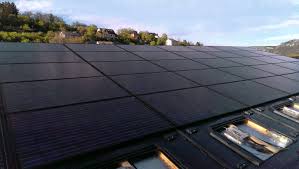
Solar Panels and Shading – Does it matter? SOLAR PANEL SHADING SOLUTIONS
Solar Panels and Shading – Does it matter? Shading is definitely an obstacle that needs to be considered when installing Solar panels. However, it is certainly not a deal breaker. It can often be overcome through a well designed layout, trimming trees, or by installing DC power optimisers.
- 1. SOLAR PANEL OPTIMISERS & OTHER SMART DEVICES
- By installing Bypass diodes you are able to isolate shaded cells. These smart devices, reroute the current, “bypassing” the underperforming cells. So that they no longer have an impact on the entire system.
However, in doing so you will loose the output of the bypassed panels. - In order to increase panel performance under shading you can always connect an MLPEs device. This includes DC optimisers and microinverters, which can attach to individual PV modules. Tigo’s industry leading TS4 Range of Flex MLPE can optimise shaded panels, mismatch mitigation and even provide module-level monitoring.
- Installing a DC optimiser is another way you can maintain maximum solar power. As a DC optimiser can adjust both the output voltage and current. But how does a DC optimiser work exactly? When a shaded module produces electricity with a lower current, the DC optimiser will boost the current to match the current flowing through the unshaded modules. The optimiser then reduces its output voltage by the same amount it boosts the current. This allows the shaded module to produce the same amount of power without compromising the performance of the other PV modules.
- 2. A WELL DESIGNED SYSTEM
- Here at Renew-Able Solutions our design software allows us to plan and design PV systems around obstructions. This means your panel layout can be designed to minimise shading as much as possible. Our solar experts know all the tips and tricks to designing you a Solar system that is shade proof.
- It is important to factor in what times of the day shading occurs, how long for, and how much it will impact your generation. A well located solar PV array, that has minimal shading at midday and during the summer should only be minimally affected by shading and may not need addressing at all.
- 3. RUNNING YOUR PANELS IN PARALLEL
- As we know, a shaded PV module can bring down the power output of an entire string. Nonetheless, a shaded panel on a string, will not effect the power output of a parallel string. This means you can group modules that receive shade onto a single string, and the modules that do not receive shade on another, to maximise your overall energy generation. Simply by putting panels on separate strings, you can reduce the impact.
- By installing microinverters, the panels will be connected in parallel. This means that each panel will operate at maximum power, without impacting the other panels. In this method, as opposed to having a single inverter servicing all of the panels, each panel can have a small inverter attached converting direct current (DC) to alternating current (AC).
- 4. MAINTAINING YOUR SOLAR PANELS
- Pigeon or Bird proofing your Solar Panels, will prevent pigeons from gaining access to underneath your system. As the pigeons will no longer be able to access a safe home they will have to look elsewhere. Keeping your Solar Panels safe and free from bird droppings.
- Cleaning your Solar Panels at least once a year, will remove any dust, pollution, leaves or tree sap that can cover your Solar Panels. It is important to manage this and to remember that dirty panels have the same impact as shading.
Solar Panels and Shading – Does it matter? TAKING SHADING INTO CONSIDERATION
Here at Renew-Able Solutions, as UK leading Solar Panel installers we like to tackle the challenge of shading head on. This is why at point of survey, our team will perform a Solar panel shading analysis, and notify you of any potential shade issues. To book your free survey with our team of Accredited Experts, call us today on 0131 210 0405 or simply click enquire now.
It is always worth checking your eligibility for Solar before planning too far ahead. So if you are considering installing Solar Panels ask yourself, are there plans for any new high-rise buildings near by? Does your neighbours tree shade your roof?

